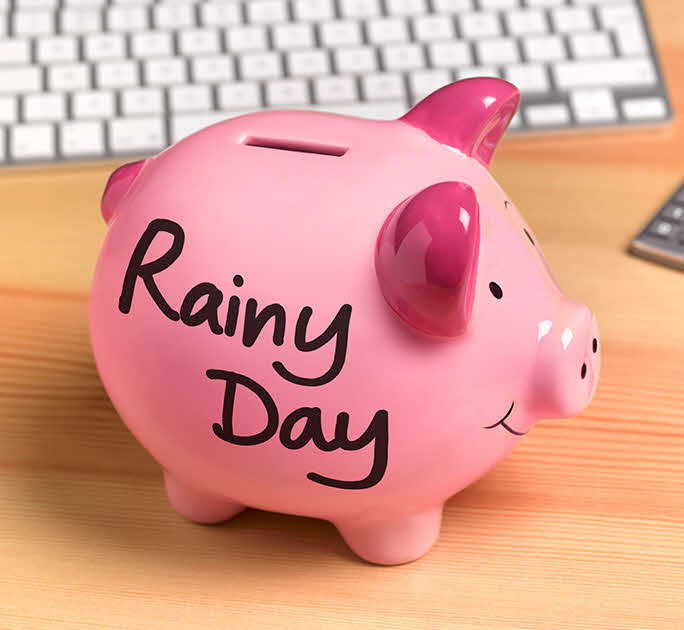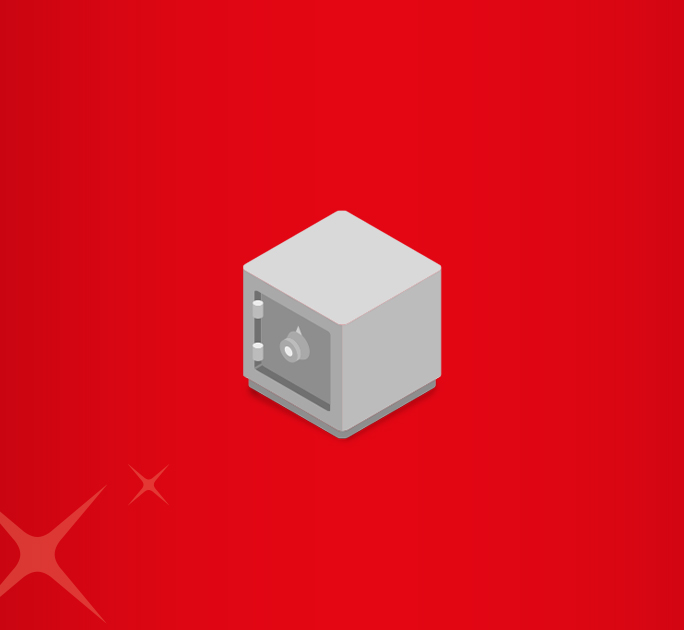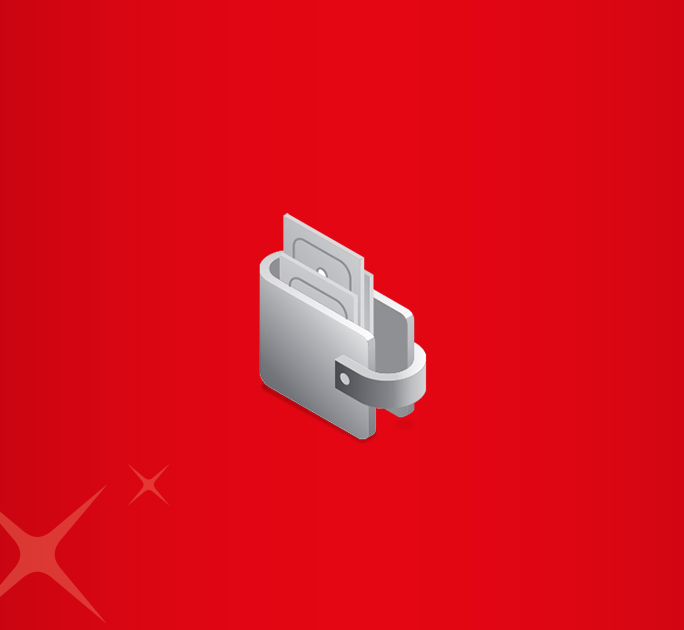- Save
- Invest
- Borrow
- Pay
- More
- NRI Banking
- Customer Services

What is a deposit
A short introduction to the meaning of deposit and its various types.
Key Takeaways
- A deposit is money you put into your bank account.
- You should deposit money in a bank to create savings and earn interest on it.
- A demand deposit is made for funds you can withdraw anytime.
- A time deposit is a long-term investment.
- A deposit could also be the collateral amount you pay when you take on a loan.
The process of banking at its core involves putting away or saving money in a savings account. The bank plays the role of a safe keeper – an entity that lets you put away your hard-earned money while it pays you interest on sums saved. One of the most frequently used terms in the world of banking is ‘deposit’. So, what is the deposit? Let us understand its meaning and types.
What is Deposit?
Fundamentally, a deposit is money held by a bank. The money that you put for savings in your bank account for any reason. It could be to safeguard your money, increase your savings, or money received via cheques and other forms of fund transfers – all come under the umbrella of deposits. Every time a transaction involves a fund transfer into your bank account, it is referred to as a deposit payment.
The word deposit can also refer to an amount of money serving as collateral in a transaction. Suppose you apply for a loan from a bank. The bank might keep a security deposit of your property papers or fixed deposits as collateral. The property papers or fixed deposit serves as the collateral against the loan.
Types of Deposits
Deposits are broadly classified into two types:
-
Demand Deposit
A demand deposit is a general deposit that you make into your bank account. It could simply be a transfer of money to any account – savings, current, salary account, etc. With demand deposits, you can withdraw money from your account at your discretion. For example, if you deposit to your savings account, you can freely withdraw money from the bank, its ATMs, or while paying for your expenses using the debit card provided by the bank, as and when you need.
-
Time Deposit
A time deposit refers to money you put in the bank for set periods to earn interest. Unlike a demand deposit, you do not have the option of withdrawing money whenever you want to. Your deposit is locked away for a fixed term or time – a Fixed Deposit, for instance. Then there is the Recurring Deposit, wherein you have to deposit a fixed sum for a set period specified time intervals. The deposit period is a fixed long period, and the bank pays you cumulative or non-cumulative interest based on the type of time deposit you choose. The interest paid on time deposits is higher than what you would earn on your demand deposits like a Savings Account.
How Does a Deposit Work?
When you deposit your money in a bank, you are safeguarding it. The bank promises to pay this money back to you as and when you need it. The deposit is your asset, and the bank owes you the amount you save and pays interest on it. The interest rate differs based on the type of deposit you make. While there are no restrictions on demand deposits, banks may levy penalties for withdrawing a time deposit prematurely.
Conclusion
Bank deposits help you grow your money gradually. They teach the discipline of saving money. You can start with demand deposits money into a savings account to earn interest and gradually create time deposits with the lump sum saved in your account.
With DBS Bank app, you can open a new saving account in a few minutes! Download the app to get started.
*Disclaimer: This article is for information only. We recommend you get in touch with your income tax advisor or CA for expert advice.












